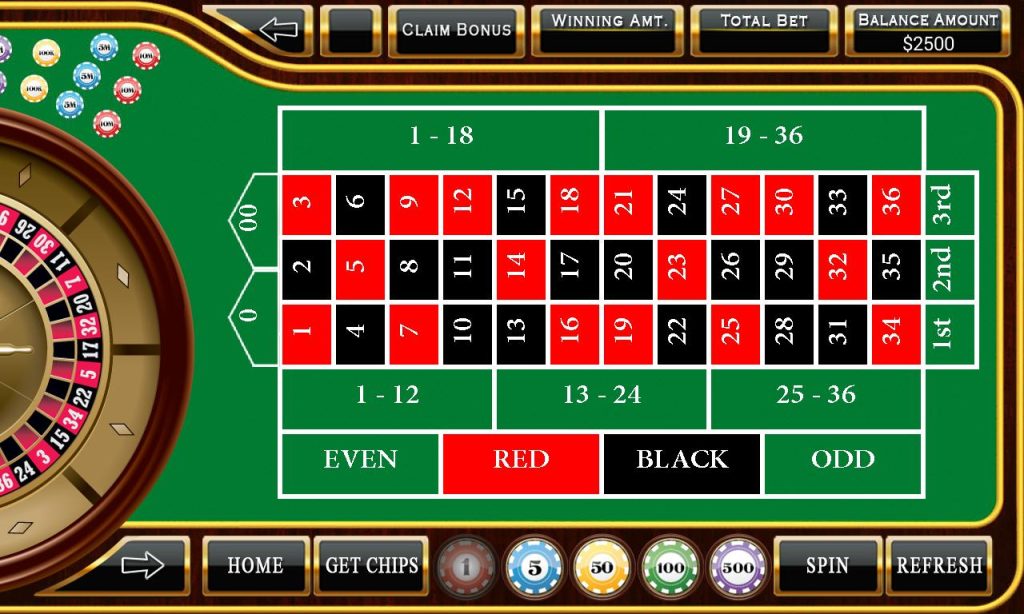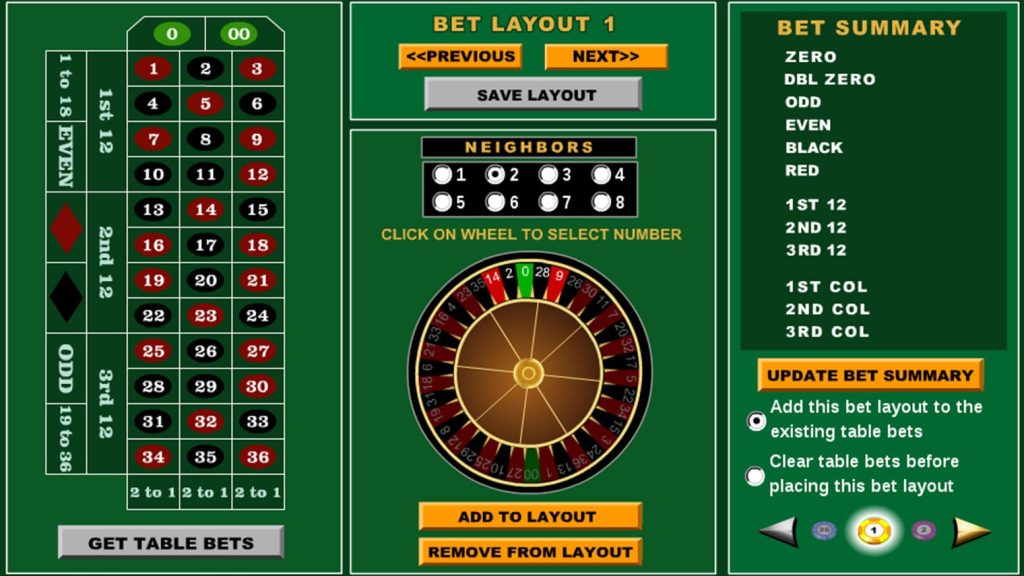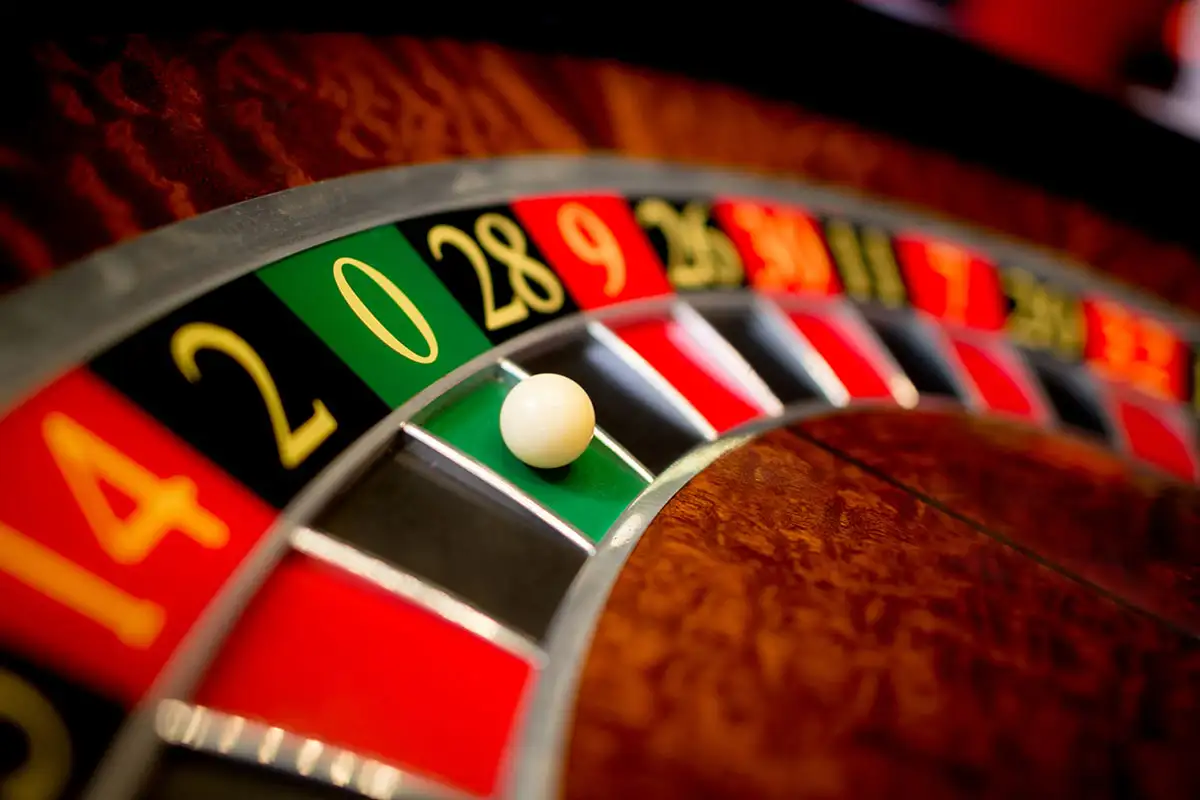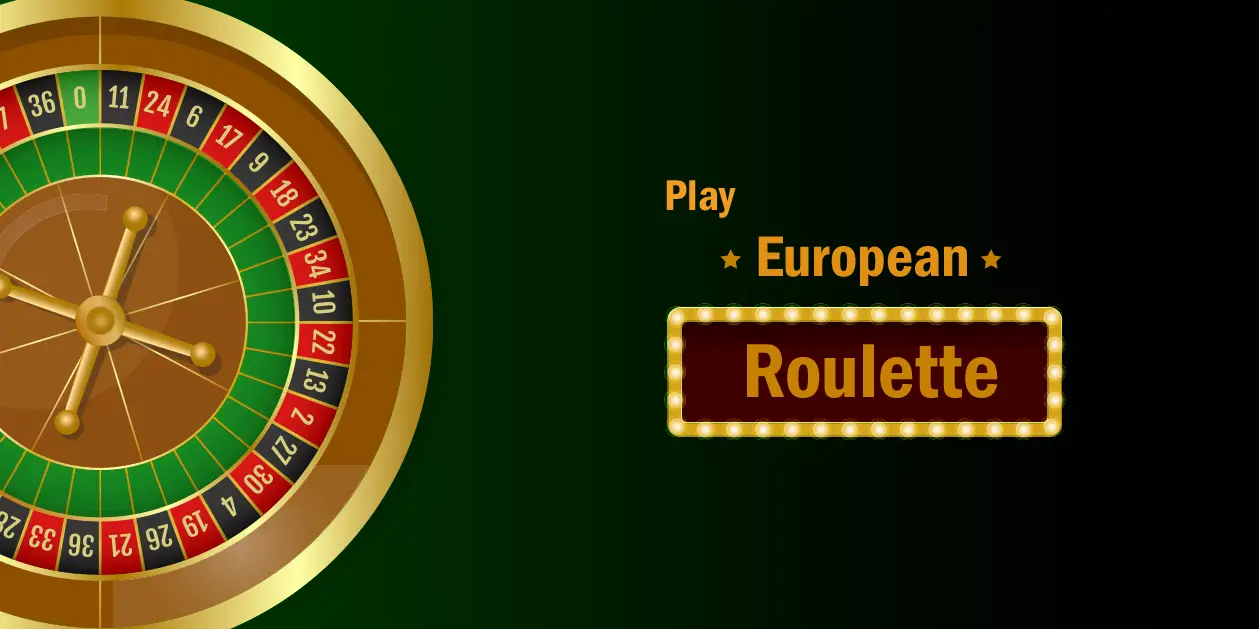The Wheel of Fortune is a recognized classic of the gambling world that has passed the test of time. The simplicity of the rules, the element of chance, and the numerous legends of “infallible strategies” continue to attract players around the world. Nevertheless, against the background of everything, the question remains whether roulette strategies work, or whether this is just a common misconception.
In this article, we will take a detailed look at the key betting systems, analyze their principles, differences and limitations, and also try to objectively assess how effective they are in real gaming conditions.
Do strategies work in roulette: what is their purpose?
The essence of any strategy is to try to outsmart the casino’s mathematical advantage. All existing roulette systems are based on managing the size of your bet: increasing it after a loss, decreasing it after a win, or fixing it for certain streaks. However, the main obstacle is the nature of the wheel. It doesn’t remember previous results, doesn’t predict future outcomes, and doesn’t respond to the player’s behavior.

Even if you follow a strict system, the gameplay remains completely random. The presence of the “zero” sector serves as a reminder that the online casino always has a mathematical advantage.
The most popular tactics: how do they work?
 Among experienced players and beginners who want to control the game, dozens of systems are popular. Below, we will discuss the most well-known systems that are often used to create the best roulette strategies.
Among experienced players and beginners who want to control the game, dozens of systems are popular. Below, we will discuss the most well-known systems that are often used to create the best roulette strategies.
Martingale
The idea is simple: you double your bet after each loss, so that when you win your first bet, you make up for all your previous losses. This works until you reach the table limit or run out of money. It’s simple, but it’s also extremely risky.
Anti-martingale
A mirror image of the previous scheme: you raise the bet after winning, and when you lose, you return to the minimum amount. This approach is designed for a series of successful outcomes to increase profits. However, if you make a mistake, the entire chain collapses. It’s no wonder that many people question whether strategies in roulette work over time or if it’s just a game with an illusion of control.
Fibonacci
It’s based on a numerical sequence. Betas grow according to the formula: 1, 1, 2, 3, 5, 8, etc. If you lose, you move forward; if you win, you move backward. The risks are lower than in martingale, but the profits are less frequent.
D’Alembert
You play according to the “plus one, minus one” principle. If you lose, you increase your bet by one; if you win, you decrease it. The mechanics are simple, but they require patience and a long-term perspective. This game is suitable for those who prefer to avoid sudden fluctuations.
Cuban, Complete, and Snake
Betting systems that focus not on the beta value, but on placing chips on specific sectors. “Snake” covers 12 numbers diagonally, “Complete” covers the entire field around the selected number, and “Cuban” focuses on the center of the wheel. These schemes are more about the style of play than about efficiency.
Garcia and the Lucky Seven
Rare but known schemes: the first is based on the frequency of certain numbers appearing in short sessions, and the second is based on a stable bet on 7 and sectors close to it. In practice, it is more of a superstition than a statistical fact.
What to Consider When Choosing a Scheme: Practical Recommendations for Players
Even if you understand that there is no 100% guarantee, a reasonable approach to the system can still help reduce losses and increase control over the game. Below are some basic tips for those who decide to try out roulette strategies despite the risk:
- choose a system that matches your bankroll — not every tactic is suitable for a limited budget;
- check the bet limits on the table, especially when using progressive strategies;
- set a loss limit to protect against uncontrolled losses;
- avoid emotions — logic disappears when excitement kicks in;
- Test the schemes in demo modes before playing with real money.
Whatever system you choose, remember that the wheel doesn’t forgive overconfidence. Strategies can help you structure your roulette experience, but do they work in a completely random environment?
Mathematics and odds: why is the wheel always stronger?
If we put aside our emotions, we’re left with a cold formula. In the French version (with a single zero), the house edge is 2.7%. In the American version, it’s 5.26% due to the two zero sectors. All the player does is spin the wheel, taking the risk on themselves, while the house always has the advantage.

Is it possible to beat the casino at roulette? In terms of probabilities, the answer is no. However, it is possible to increase the duration of a session, control losses, and enjoy the game. However, it is important to understand that neither roulette systems nor “lucky” numbers change the fundamentals of mathematics.
What is important to understand: a sober look at working schemes
Even the most effective strategies do not turn the wheel into a stable source of income. There are built-in limitations within the game that prevent you from circumventing the mathematics. Therefore, no matter how logical the strategies may seem, it is important to ask yourself honestly: do these strategies even work, especially in roulette, where chance dominates and the house edge is inherent?
Let’s consider the reality that should be kept in mind, even if the system seems reliable:
- there is no universal formula — all schemes are based on probability, not on guarantees;
- there is no winning scheme — even winning tactics eventually break down;
- zero always plays against the player — zero gives the casino an advantage, regardless of the system;
- casinos limit the growth of bets — limits prevent progressive strategies from working;
- the mathematical expectation is always negative — in any system, the player loses over time.
If you think of the game as a mathematical model, everything becomes clear: no scheme cancels probability, and no scheme works forever. The best thing you can do is understand the risks and act consciously.
So, do strategies work in roulette?
 The answer is not straightforward. Strategies do not increase the mathematical probability of winning, nor do they turn the game into a stable source of income, and they cannot guarantee success. However, they can help structure the gameplay, reduce emotional pressure, and provide a more balanced approach to bankroll management.
The answer is not straightforward. Strategies do not increase the mathematical probability of winning, nor do they turn the game into a stable source of income, and they cannot guarantee success. However, they can help structure the gameplay, reduce emotional pressure, and provide a more balanced approach to bankroll management.
In practice, the best roulette strategies are not a way to earn money, but rather a tool for increasing awareness and self-control. When used correctly, they can make the game more rational and predictable within the acceptable risk framework.
 en
en  de
de  ar
ar  es
es  nl
nl  hi
hi  fr
fr  it
it  pt
pt  el
el 










